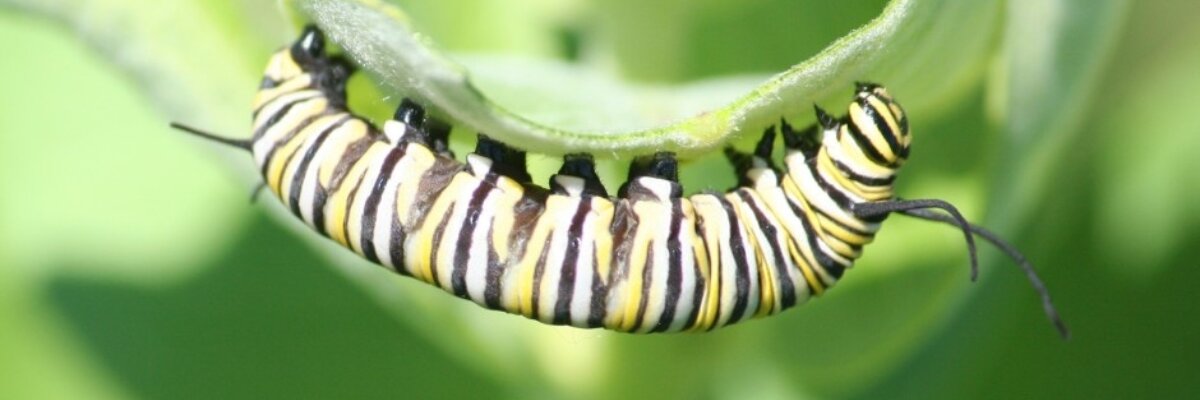
How can I encourage the sale of pesticide-free milkweed?
Insecticides are known to reduce monarch caterpillar growth and survival and affect butterfly flight and navigation. It is critical to avoid using pesticides, especially systemic insecticides, on milkweed and nectar plants and to use an integrated pest management approach. Systemic insecticides, such as neonicotinoids, are generally harmful to monarchs and other beneficial insects, and have persistent effects that last long after the plants are purchased. Read more about concerns with monarchs and pesticides here.
Well-educated consumers can really make a difference in driving demand for pesticide-free plant materials. In order for companies that grow and sell plants to justify an investment in different species or techniques, they go through an intensive process trying to evaluate the short- and long-term market to determine how profitable (or not) that investment will be.
Raising your voice is an important way that you can show demand for pesticide-free milkweed. Use the resources below as tools to reach out to your nursery and express your desire to purchase pesticide-free milkweed. You can do this by asking to speak to the store manager, submitting an inquiry on the store website, posting a review on the internet, or any other venues available to contact the store management.
- General advocacy pointers
- Risks of neonics handout
- Handout for nurseries for growing and selling native milkweed
- Webpage for nursery owners
If you believe you have purchased treated plants, contact the store you purchased the plants from to find out, and if so, express your desire for pesticide-free plants. This will help them know that their consumers do not want to purchase treated plants. You can also find more pointers for what else you can do here.
